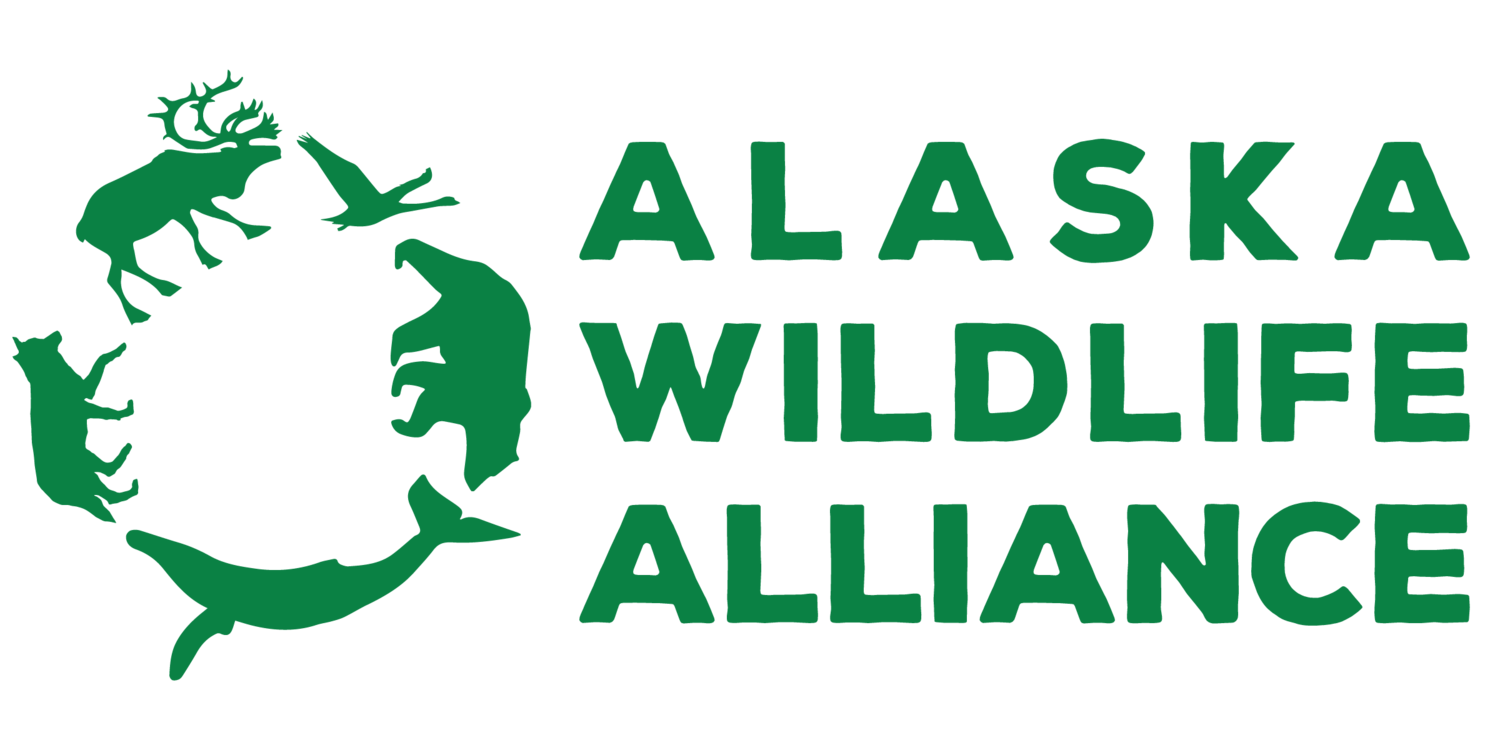A Changing Kenai Peninsula: Climate Change's Possible Impact on the Future of Hunting and Fishing
Alaska Wildlife Alliance Vice President Dr. John Morton gave a presentation for Kenai Peninsula College Showcase, Kenai Peninsula College and Kachemak Bay Campus on climate effects on moose, caribou and Sitka Black-tailed deer on the Kenai Peninsula and Prince William Sound. This talk was part of a series entitled A Changing Kenai Peninsula: Climate Change's Possible Impact on the Future of Hunting and Fishing: Where We Are, How We Got Here, and Where We Might Be Heading.
Current distributions of caribou, moose and Sitka black-tailed deer populations on the Kenai Peninsula and Prince William Sound are artifacts of glacial history and 20th century translocation and reintroduction efforts. Climate envelope models suggest in the near term caribou will likely decrease due to afforestation of alpine tundra; moose will likely increase due to continued colonization of Prince William Sound, afforestation of the Kenai Lowlands and alpine tundra, and increasing fires on the western peninsula; and Sitka deer will likely increase due to colonization of the eastern peninsula. Uncertainty about forecasting increases in the longer term due to interactions between arriving novel pathogens with changing ecological drivers.
See the full presentation here (or scroll below).


